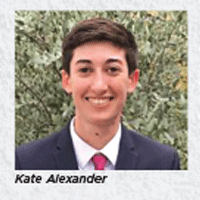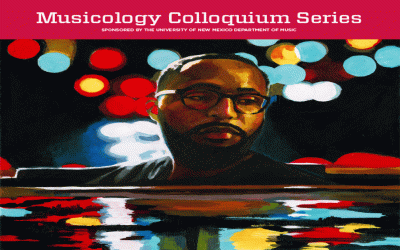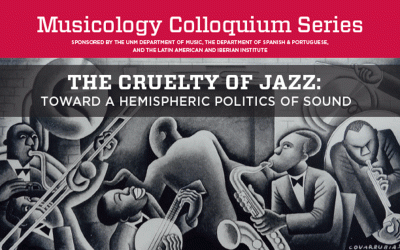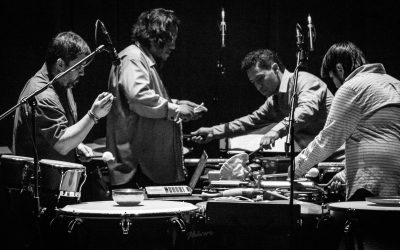THE GAY WEST: FROM DRUG STORE COWBOYS TO RODEO QUEENS
Talk Description: The masculine ideal represented by the American cowboy is variously interpreted by spectators, dancers, musicians, and contestants at gay rodeos and country western dances across the U.S. Examining embodied gender practices within these communities, this talk articulates the sonic, social, and geographical spaces of the gay American West.
 Biography: Kate Alexander received her Ph.D. in ethnomusicology from the University of California, Riverside in 2014. Her research focuses on intersections of whiteness, gender, and sexuality in North American music and dance communities, including Cape Breton’s traditional Scottish culture, and her current research on American LGBTQ country western dance and rodeo networks. Her work has been published in journals such as MUSICulturesand the Yearbook for Traditional Music. She is an Assistant Professor in the Honors College at the University of Arizona, where she teaches interdisciplinary courses on sound, music, visual art, and culture.
Biography: Kate Alexander received her Ph.D. in ethnomusicology from the University of California, Riverside in 2014. Her research focuses on intersections of whiteness, gender, and sexuality in North American music and dance communities, including Cape Breton’s traditional Scottish culture, and her current research on American LGBTQ country western dance and rodeo networks. Her work has been published in journals such as MUSICulturesand the Yearbook for Traditional Music. She is an Assistant Professor in the Honors College at the University of Arizona, where she teaches interdisciplinary courses on sound, music, visual art, and culture.
Heterophony: Texture, Technique, and Social Commentary
This lecture is in two parts: the first draws from my research on the 1960s jazz avant-garde and musicians’ interests in heterophonic musical textures. For the second part, I perform original music that utilizes heterophony and “noise” in a solo electronic and improvised format.
The Cruelty of Jazz: Toward a Hemispheric Politics of Sound
Rooted in concepts of affect and Empire, this paper argues that jazz operated in various 20th century Latin American settings as a vital touchstone bearing the risks and benefits of urban modernization, hemispheric geopolitics, and transnational cultural production, “cruelly” echoing the United States’ cultural, political, and economic dominance in the hemisphere and beyond.
Music from the Americas presents Versus 8
Percussion music in the Americas is one of the most exotic, visually attractive, and antique forms of expression since pre-hispanic times. Preserving, promoting and creating music for the percussion family of instruments is at the core of Versus 8’s mission through international collaboration with composers, performers, students, and cultural centers that contribute with their resources to the cycle of music, namely: creation, performance, and listening..



